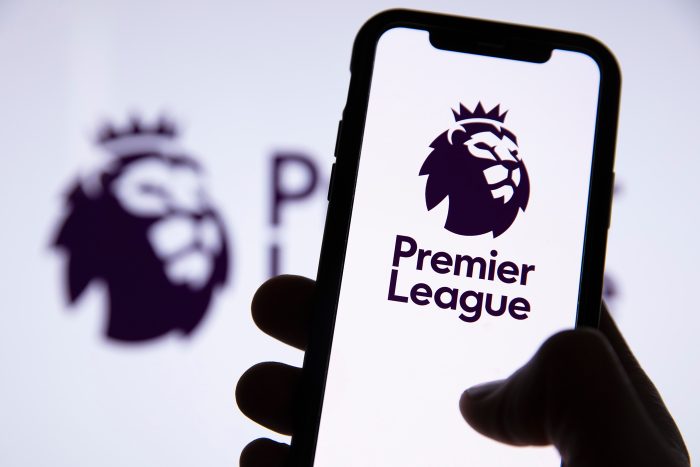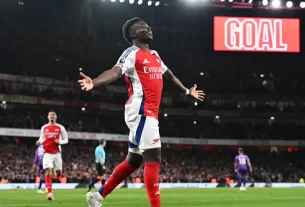The Premier League, widely regarded as the most prestigious and influential football league in the world, is on the brink of a major transformation and this time, it’s happening off the pitch. Starting from the 2026/27 season, clubs will be prohibited from signing main shirt sponsorship deals with betting companies, a bold decision set to reshape not only the shirts worn by players but also the financial foundation of several top-tier teams.

Picture this: fans pouring into the stadium, donning their team’s shirt — only now, the once-prominent betting logos are gone. In their place, a new era dawns, one that aims to be more ethical, socially conscious, and in tune with a generation of supporters who demand a healthier relationship between sport and society.
But while this shift may appear symbolic, it carries massive financial implications. Currently, 11 of the 20 Premier League clubs have betting firms as their primary shirt sponsors. According to Investigate Europe, these partnerships generate around £104 million per season, income that is vital not just for title contenders but also for clubs fighting to stay financially stable under the league’s stringent Profit and Sustainability Rules (PSR).
Why is the Premier League banning betting sponsorships?
This move hasn’t come out of the blue. It is a response to growing concerns over the influence of gambling in football, particularly among younger fans. Other major leagues, such as Spain’s La Liga and Italy’s Serie A, have already introduced similar restrictions, driven by a desire to protect the integrity of the sport and shield fans — especially the most impressionable — from the risks of gambling addiction.
In April 2023, aware of rising political and public pressure, the Premier League clubs collectively agreed to voluntarily adopt the ban, thereby avoiding a stricter crackdown from the UK government. It was a tactical move — by embracing the change on their own terms, the clubs sidestepped the threat of full-scale legislation that could have eradicated all forms of gambling promotion from club kits, training gear, and stadium advertising.
What about clubs promoted from the Championship?
The upcoming policy change will also present new challenges for clubs promoted from the Championship. The English Football League (EFL) — which oversees the lower divisions — currently has a major sponsorship agreement with Sky Bet, benefitting all 72 affiliated clubs. If one of these teams earns promotion, they will be required to terminate or renegotiate existing betting sponsorships to comply with Premier League regulations.
This adds another layer of difficulty for newly promoted sides already facing the enormous challenge of competing in one of the toughest football leagues in the world. Replacing betting income with alternative sponsorships will demand strategic planning, agility, and strong commercial vision.
What does the future of Premier League sponsorships look like?
With betting sponsors set to disappear, clubs must now explore new partnership opportunities to offset the financial gap. Industries such as technology, health and wellness, sustainability, and entertainment could become viable alternatives to fill the void. While the road ahead may be bumpy, this transition also offers a rare chance to redefine what football sponsorship should look like in the 21st century.
This change signals a turning point in the Premier League’s story — not merely a financial adjustment, but a step towards a more responsible, transparent, and forward-thinking football culture. It’s a call for the beautiful game to align with modern values and the evolving expectations of its global audience.
As clubs begin to adapt and reposition their commercial strategies, one thing is clear: what’s at stake is more than just revenue — it’s the very image and integrity of English football moving forward.





